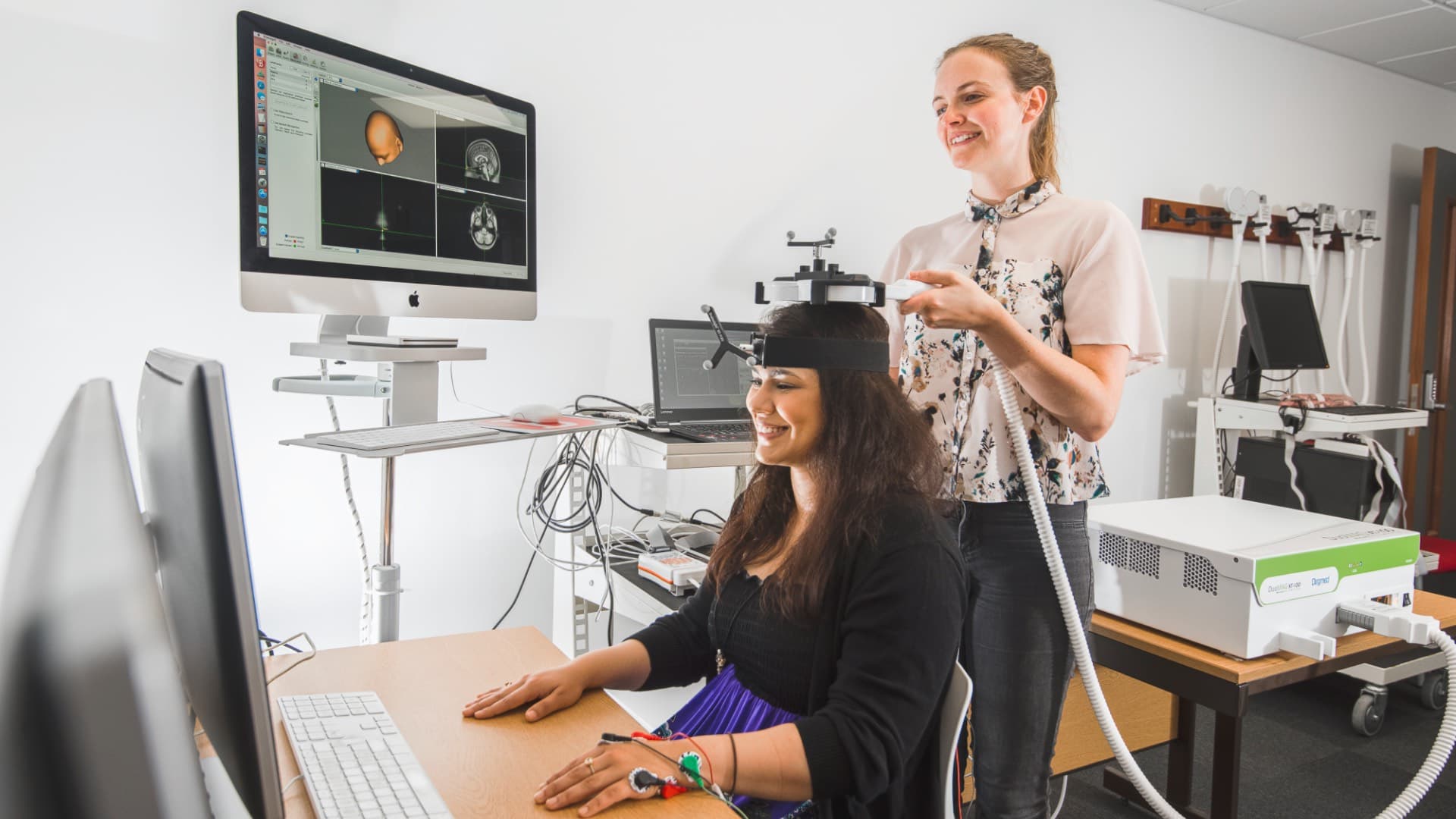From Tai Chi and crosswords to the under-appreciated importance of hearing - Lancaster’s researchers are taking inspiration from across the world as they unlock some of the secrets to a healthy life in old age.
With an increasingly ageing population and people living longer but with long-term health conditions, researchers from various disciplines are working together to deliver outcomes that could change how we age.
Under The Centre for Ageing Research (C4AR), academics are conducting high-quality research into how we ensure older people experience an active and healthy age so periods of poor health start later.
With ambitions to reduce the gap between healthy lifespans and actual lifespans, C4AR is a leading international centre of excellence for ageing research looking at the causes, prevention and diagnosis of multiple conditions, including those most commonly associated with ageing such as frailty or Alzheimer’s and other dementias.
Chair of C4AR, Professor Carol Holland, is involved in the centre’s work focusing on the influence of social factors on frailty in older age and the link between physical frailty and mild cognitive impairment.
Professor Holland said: “As people get older, some become physically frail (for example, slowed walking speed and reduced muscle strength), and often memory and thinking skills can deteriorate. Although the two are different and can occur separately, often they are linked.
“The risk factors for each can be identified and addressed, but when a person has both physical frailty and mild cognitive impairment, it can increase their risk of hospitalisation, mortality and conditions like dementia.”
Professor Holland and colleagues questioned older people about the social aspects of their lives and measured frailty and resilience.
They found that those reporting loneliness, isolation, and less social interaction were much more likely to be physically frail.
















